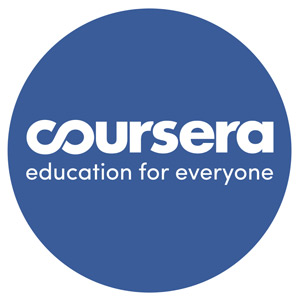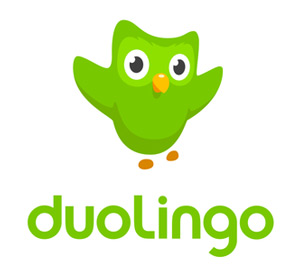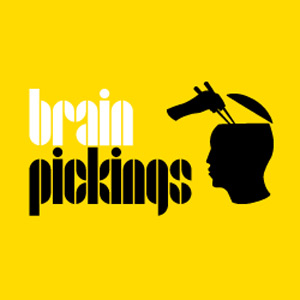Free online tools expand learning opportunities
No matter a fifth grader, an undergraduate student, a truck driver, a retired salesperson, or a medical doctor, every individual has the opportunity to learn almost anything on the Web – completely free.
Since 2008, hundreds of universities all over the world have provided free online access to their course materials through a nonprofit initiative called the Open Education Consortium. Countless nonprofit organizations and individuals also offer online instruction via YouTube video lectures and interactive programming.
Undoubtedly, a degree from an accredited institution suggests a certain level of competence in a given area and shows employers that a person can commit to a goal, persevere and acquire new skills. There is enormous benefit to being in a physical classroom with a live instructor who holds students accountable and engages them in real, face-to-face discussion.
Still, there is no question that the Internet has not only transformed possibilities for acquiring knowledge but has changed how people learn.
“Every time I study, I use online tools,” Megan Trapp UCC pre-nursing student, said. She recommended health care information sites A.D.A.M., PubMed, and MayoClinic, as well as the free educational software, Quizlet.
“The book is very vague, and [these tools] explain things in simpler terms,” Trapp said.
Shasta Bogdanoff, a chemistry major at UCC, had nothing but positive things to say about one well-known online educational platform called Khan Academy. The website’s originator, Salman Khan, was named one of the world’s top 100 most influential people by Time magazine in 2012.
“I would probably die without it,” Bogdanoff said. “Khan [Academy] really saved my life. I couldn’t have done chemistry without Khan. I’ve used it for every class I’ve taken, and it’s nice because you can download Khan YouTube videos to your phone,” Bogdanoff said.
Khan Academy can be particularly appealing for students who have trouble grasping information in traditional classroom environments.
“Khan is nice because you can pause and replay. It suits people with how they learn,” Bogdanoff said.
Another chemistry and physics student, Jorge Nader, also employs Khan Academy to bolster his skills in science and math. He advocated other sites, such as Purple Math, Paul’s Notes, Writing Ninja, Math Bff, and DuoLingo as well.
“[These websites] are more explanatory than lectures sometimes. They break it down further and provide a more complete explanation,” Nader said.
A fantastic curation of free online learning tools can be found at noexcuselist.com. Subjects include academics, art, computer programming, cooking, eBooks, howto + DIY, languages, music, and other.
Three of the most well-reviewed online learning platforms, among hundreds, are listed below from left to right. Additionally, the last website is recommended for interesting insights from many of history’s greatest artists, scientists, and thinkers on how to live fully.

Khan Academy- Provides free instruction in math, science, economics and finance, arts and humanities, computing, and test prep. Khan Academy guides users through a structured series of short videos, practice sessions, and “mastery challenges.” Users can watch YouTube videos or ask for hints when they become stuck. The system is surprisingly fun and easy to use and rewards users with points, badges, and friendly chimes for correct answers.

Coursera- Courses are gathered from top universities around the world and are comprised of video lectures, interactive quizzes, and peer-graded assessments. Topics range from computer programming and business strategy to statistics, nutrition, public health and much more. A “Verified Certificate” can be requested for a fee and can be highlighted on a resume. Coursera courses have specific starting days and generally run for about the length of a term, or 10-12 weeks.

DuoLingo- The interactive website and smartphone app provides many exercises for learning any Romance language. The DuoLingo community now boasts 70 million members. According to one study by the City University of New York and the University of South Carolina, 34 hours of DuoLingo practice is equivalent to a whole term of college study!

Brainpickings- An extensive collection of articles containing excerpts from books, speeches, and poems spanning myriad topics, including art, science, psychology, design, philosophy, history, politics and anthropology. Started in 2006 as an educational blog, the creator’s work is now being sustained in the Library of Congress. For weekly inspiration, readers can sign up for an email newsletter containing each week’s posts.
